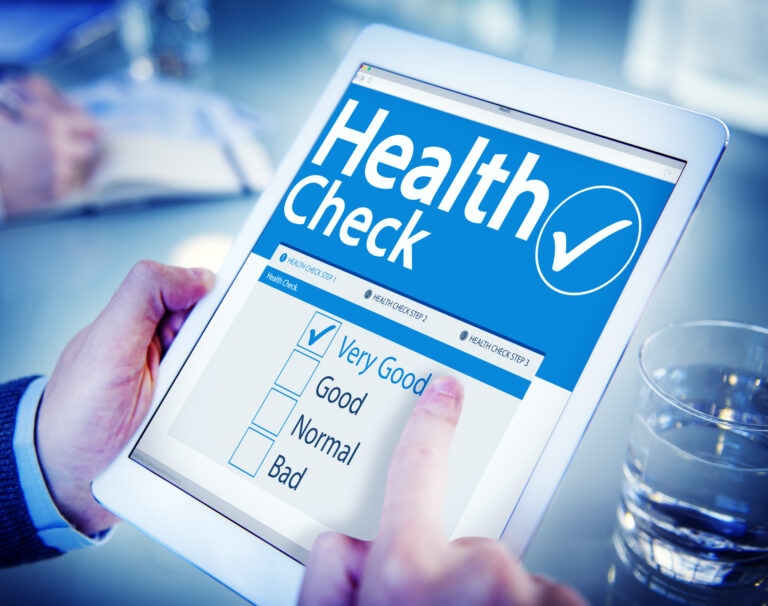Routine health checks, such as a trip to the dentist, or regular self-exams may help you or your doctor find early signs of cancer.
After many people delayed cancer screening due to the pandemic, experts now fear that missed screenings, such as mammograms and colonoscopies, may mean cancer diagnoses have been missed or delayed, according to the Wall Street Journal.
To help increase your chances of detecting cancer early, seek guidance from your health care providers and follow these five steps:
1) Show up for your annual physical
Your annual check-up is a valuable opportunity to discuss with your primary care provider any physical or emotional challenges you’re experiencing. It also may play a pivotal role in helping to catch cancer early.
For some cancer patients, regular physicals and check-ups are critical to:
• Determining how much, if any, evidence of disease remains
• Checking on the progress of indolent or slow-growing cancers
• Checking for symptoms of a cancer recurrence or current cancer
• Discussing side effects associated with cancer treatment
2) See your dentist
If you’re about to start chemotherapy, tell your dentist so he or she can check for signs of a gum infection, cavities that require fillings, ill-fitting dentures or mouth sores. In addition, radiation therapy for head or neck cancer may impact your dental health since it may reduce calcium in your tooth enamel.
3) Show up for your colonoscopy
Colonoscopies remain the gold standard for colorectal cancer detection. These procedures allow doctors to spot abnormalities and remove growths that may develop into cancer.
During the pandemic, thousands of colonoscopies were postponed or canceled. Check with your doctor to know at what age you should get screened (the American Cancer Society recommends people begin colorectal cancer screenings at age 45).
4) Women should get an annual gynecologic exam
Watch out for symptoms of gynecologic cancer, especially since early diagnosis and treatment may result in a better outcome.
Seven common symptoms of gynecologic cancer include:
• Abnormal vaginal bleeding or discharge
• Pelvic pain or pressure
• Abdominal or back pain
• Bloating
• Changes in bathroom habits
• Itching or burning in the vulva
• Changes in vulva color or skin
Women often rely on a gynecologist to receive a Pap test to detect precancerous cells, screening for infections and conversations about birth control. If they’re diagnosed with a gynecological cancer, women should see a gynecologist oncologist, a doctor trained to diagnose and treat female reproductive cancers, such as cervical, ovarian, uterine, vaginal and vulvar cancers.
5) Men should self-screen for testicular cancer
Testicular cancer is the most common cancer detected in men under 45. Common signs of testicular cancer include:
• Hard lumps or nodules on either testicle
• A change in how the testicle looks or feels
• Swelling in the scrotum
• A dull ache in the abdomen or scrotum
• A feeling of heaviness in the scrotum
• Enlarged or swollen breasts
The coronavirus pandemic has transformed our work and personal lives over the last year. But best practices in cancer screening and detection haven’t changed during that time. The earlier a cancer is diagnosed, the earlier a patient may be able to receive treatment, which may result in better outcomes.

